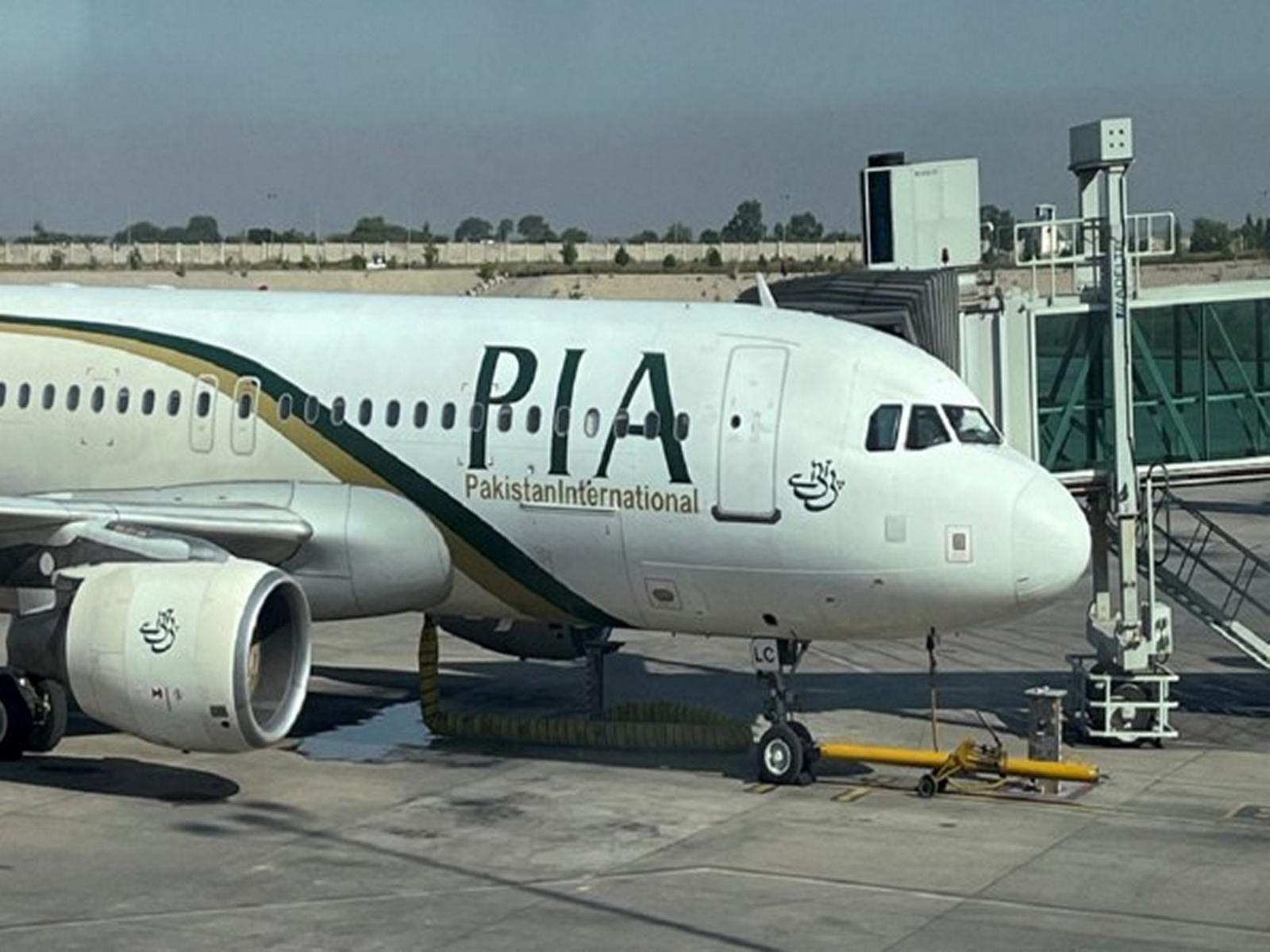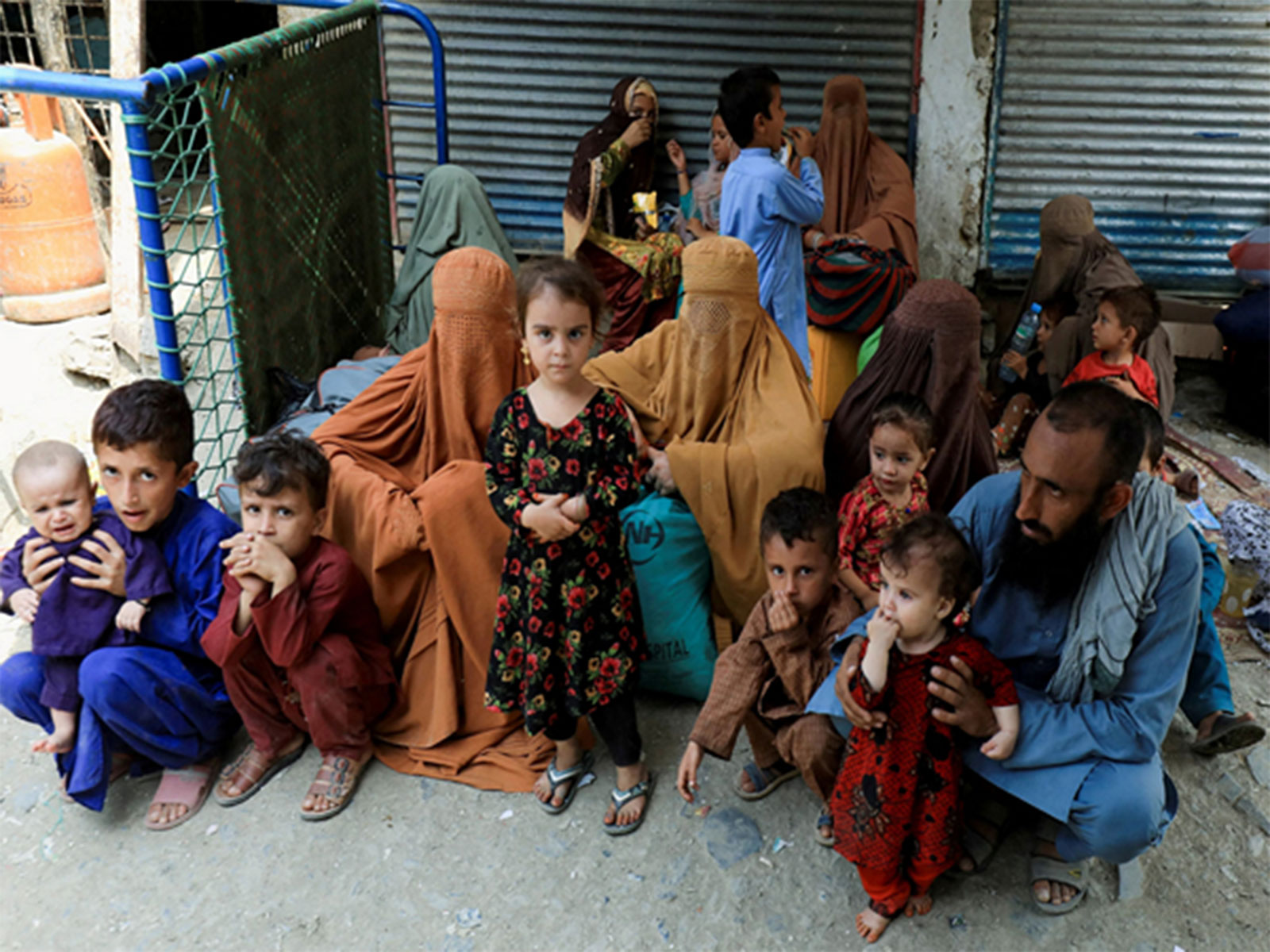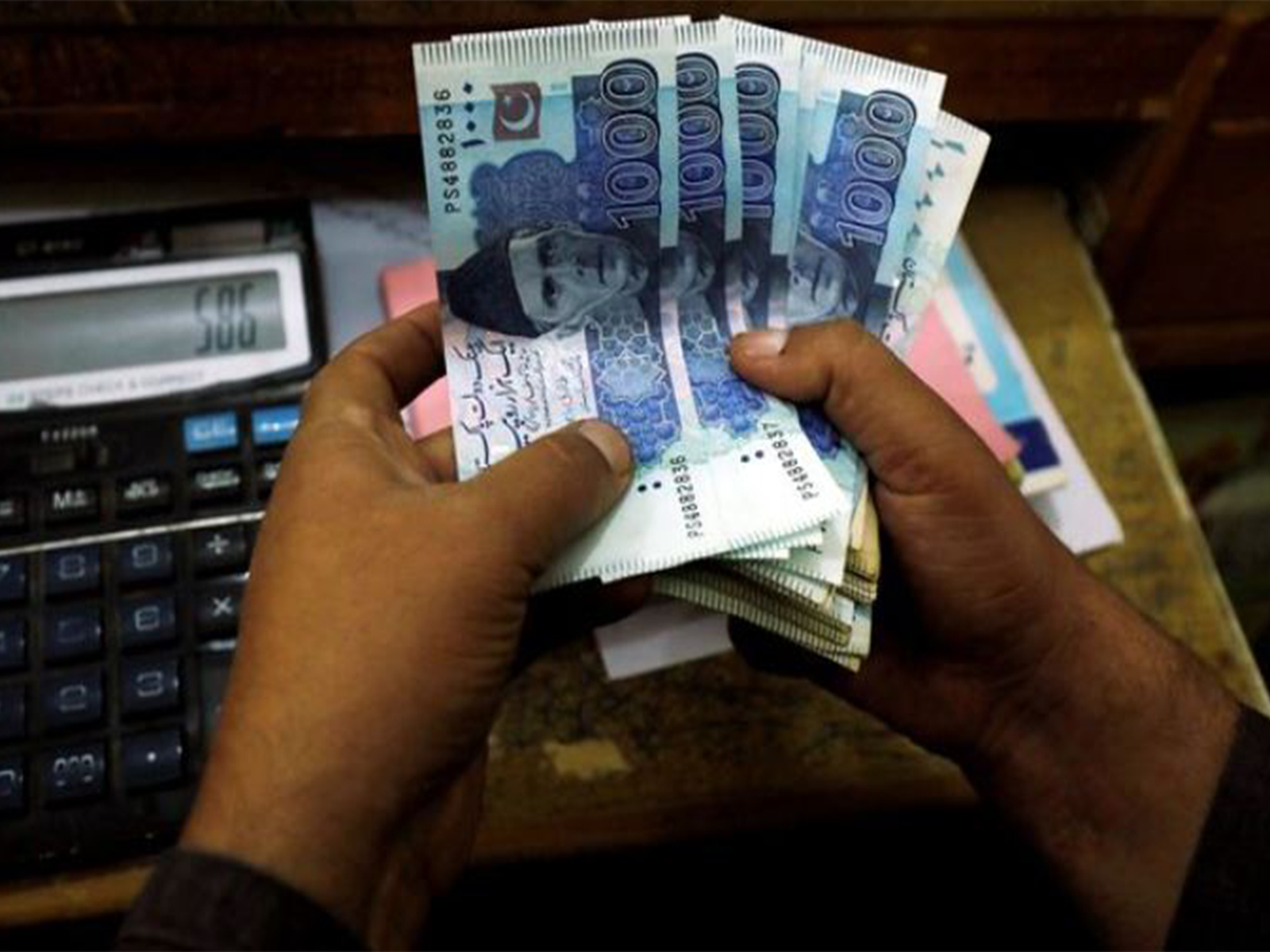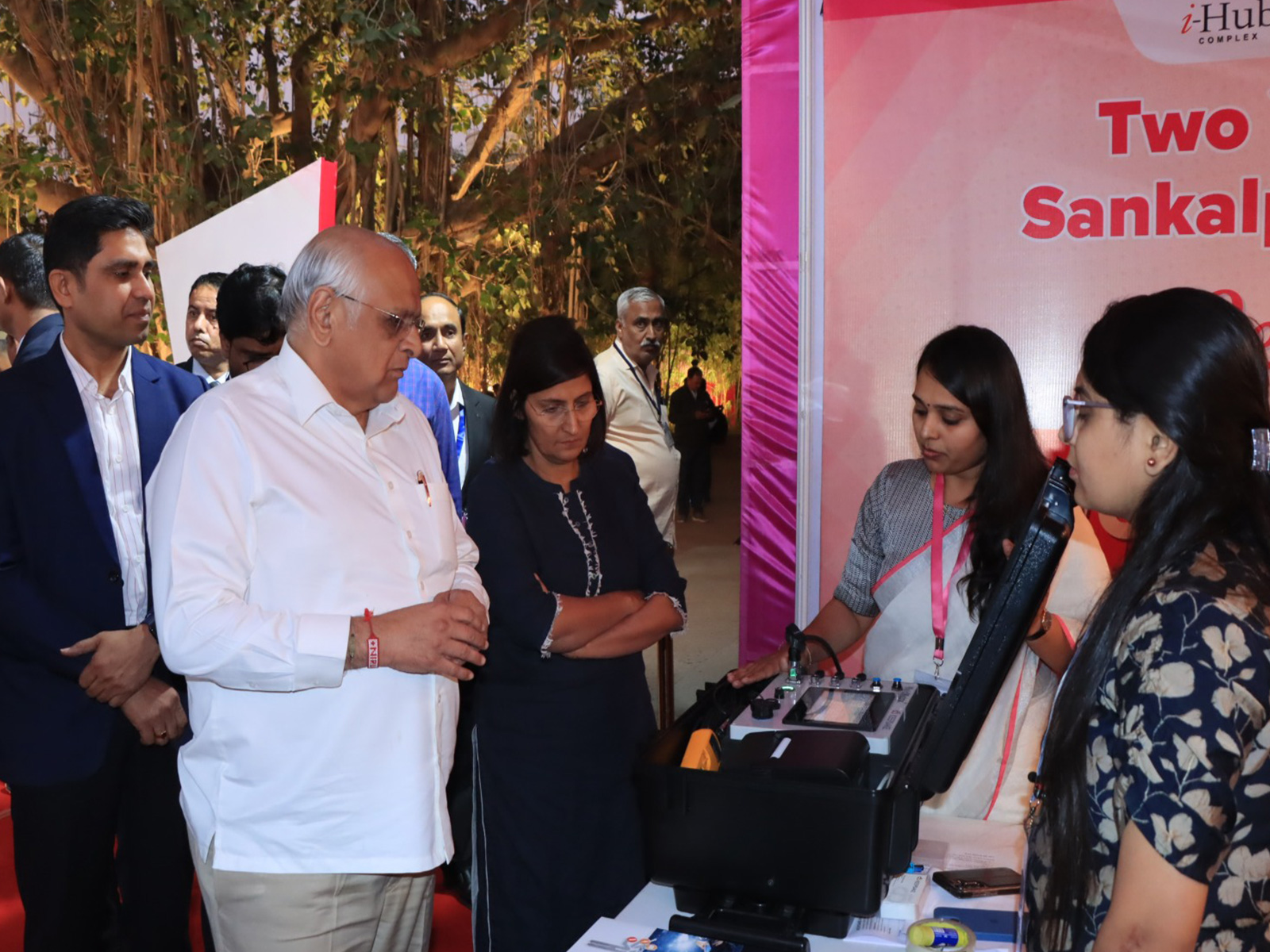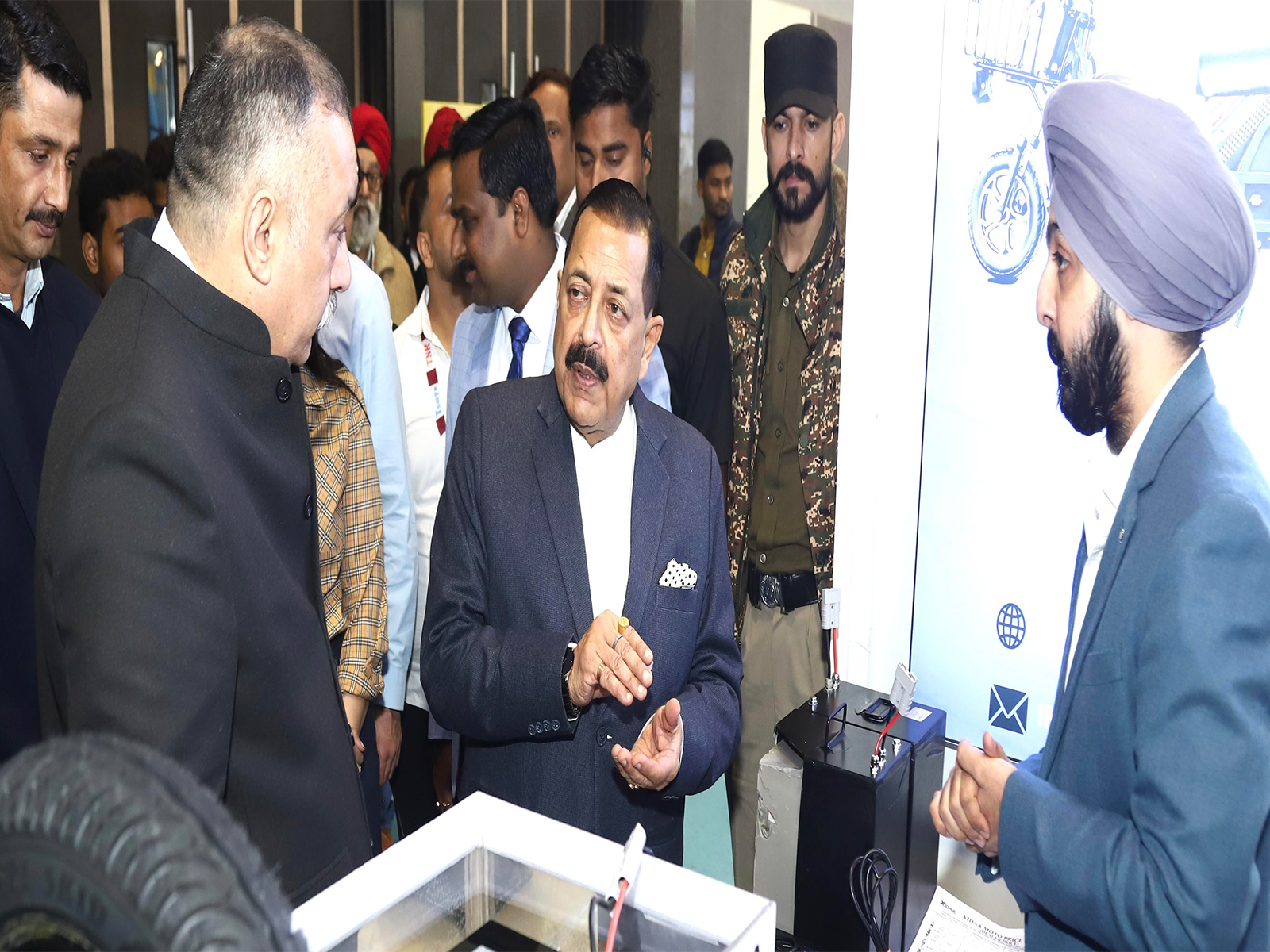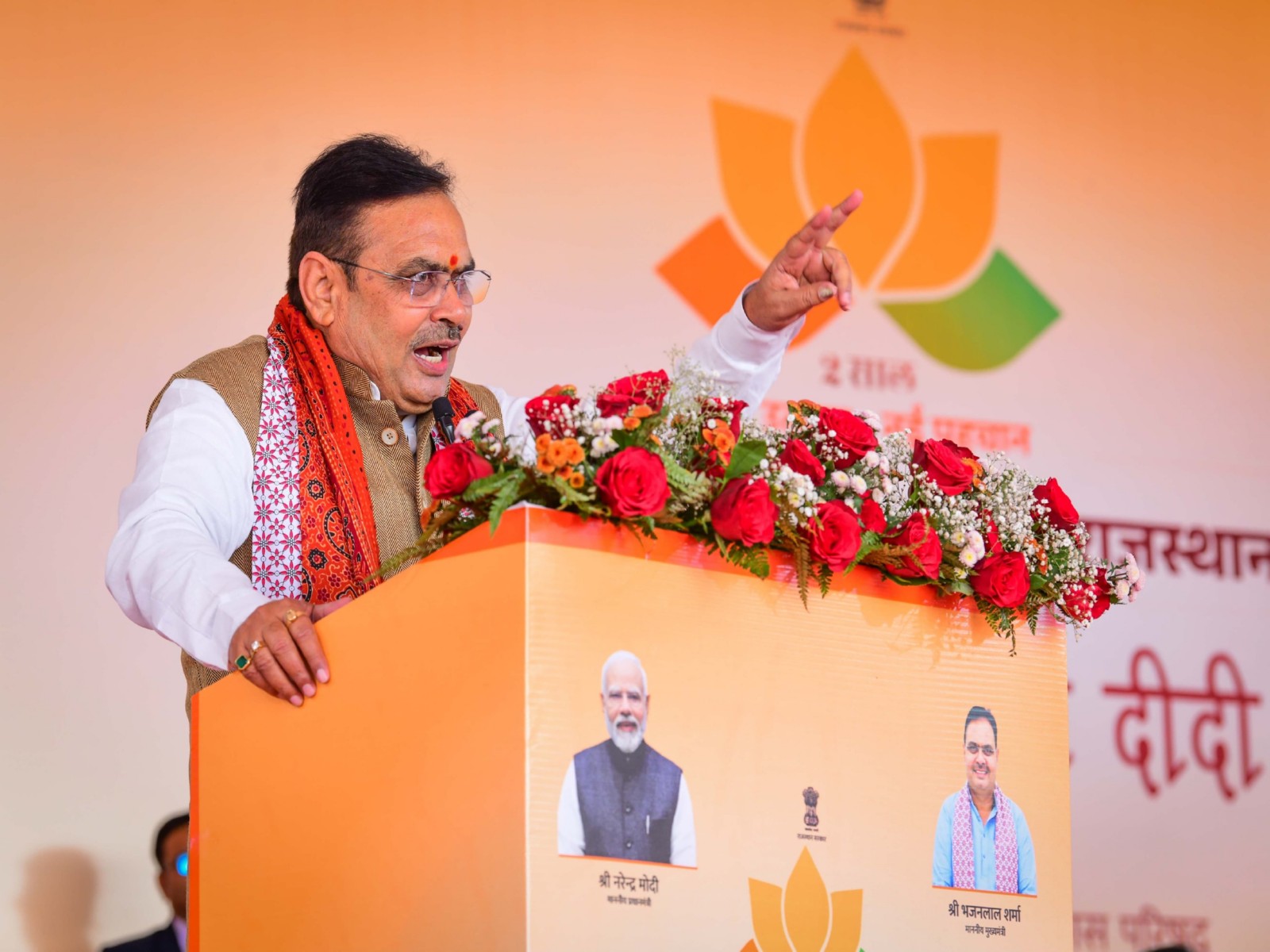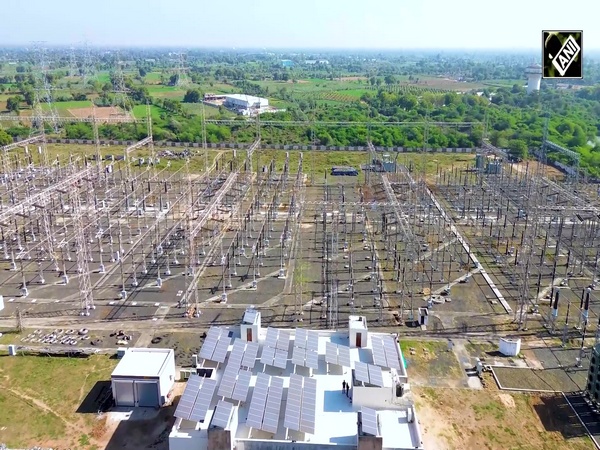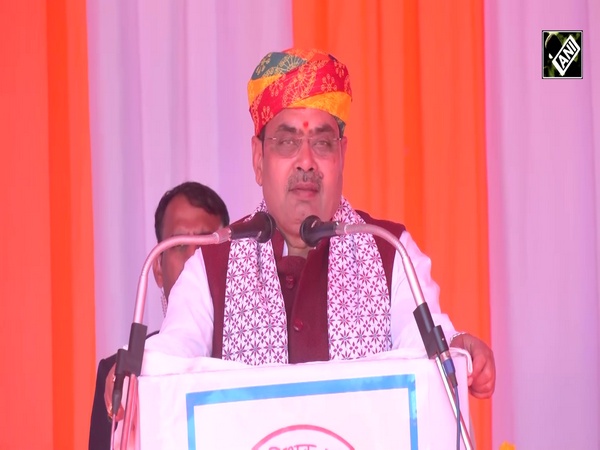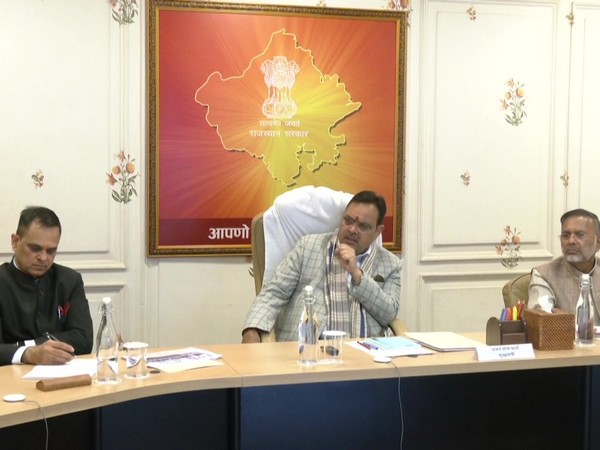India supports strengthening maritime security in Gulf of Guinea
Nov 23, 2022

New York [US], November 23 : India on Tuesday (local time) vowed to support all national, regional and international efforts for strengthening maritime security, including in the Gulf of Guinea, in consultation with countries of the region.
Speaking at the United Nations Security Council meeting on peace and security in Africa, Deputy Permanent Representative R Ravindra said, "India has been engaged with countries in the region, particularly in the Gulf of Guinea, on maritime matters, including through the deployment of Navy patrols as well as the building of antipiracy capacities of the countries in the region. "
Notably, the Indian Navy was deployed in the Gulf of Guinea on September 4th, 2022 for a month, contributing to the efforts against piracy, and armed robbery, as well as towards training and awareness in the region.
Incidentally, the first-ever India-Mozambique-Tanzania Trilateral (IMT TRILAT) maritime exercise began a new chapter in the Indian Navy's growing efforts to enhance the security of the east coast of southern Africa and the Indian Ocean Region as a whole.
The problem of maritime piracy is as old as the history of maritime navigation. However, with the rapid growth in international trade through maritime navigation, the growth of piracy in the past two decades has been unprecedented. Piracy is not only a threat to the freedom of maritime navigation but also causes destabilizing effects on global and regional trade and security. The negative humanitarian impact of this threat on sea, piracy or the lifeline of maritime shipping can no longer be ignored.
"Piracy can only be defeated through effective cooperation and implementation of legal frameworks on maritime security at both regional and international levels," said Ravindra.
Maritime security has been one of the key priorities for India in the Security Council. During India's presidency of the Security Council last year, Prime Minister Narendra Modi chaired a meeting on maritime security.
"During the meeting, the Council also adopted a presidential statement, the first-ever Council document on the issue of maritime security. The salient feature of this issue was further highlighted through the adoption of a Security Council resolution on piracy and armed property at sea in the Gulf of Guinea in May 2022, a crucial initiative by Ghana," said the Indian envoy.
Secretary General's Report on this issue which contains many useful recommendations.
The report noted the reduction of piracy incidents in the Gulf of Guinea underpinned by several factors. This included the positive impact of piracy-related convictions in the countries of the region, as well as the deterrent effects of increased naval patrols by the Nigerian Navy, aided by better regional cooperation.
However, Ravindra cautioned against lowering the guard against piracy in the Gulf of Guinea and continue to take robust anti-piracy measures.
"The report notes the growing risk of a terrorist threat from Central Sahel towards the Gulf of Guinea, as was demonstrated by the terrorist attacks against government forces in Benin and Togo since 2021. We need to continue to look out for links between extremist, terrorist and pirate groups in the Gulf of Guinea, as these can be a lethal nexus and has the potential to reverse the recent antipiracy gains made in the Gulf of Guinea," said Ravindra.
The lower conviction rates in piracy cases have remained a cause of concern despite the recent two convictions in Togo and Nigeria.
"While we welcome these convictions, much more needs to be done to check the impunity of pirates," added Ravindra.
The United Nations Convention on the Law of the Sea remains the main legal framework for addressing piracy in the Gulf of Guinea.
"We encourage the countries of the region to take steps to enact legislation for criminalizing piracy to the full extent as set out in UNCLOS that has also been referred to in the report in order to achieve effective suppression of piracy in the region," said the Indian envoy.
He also highlighted the zonal, sub-regional and interregional coordination arrangements that face several challenges such as a lack of predictable and sustainable financing, adequate expertise, equipment and logistical support, as well as timely information sharing.
